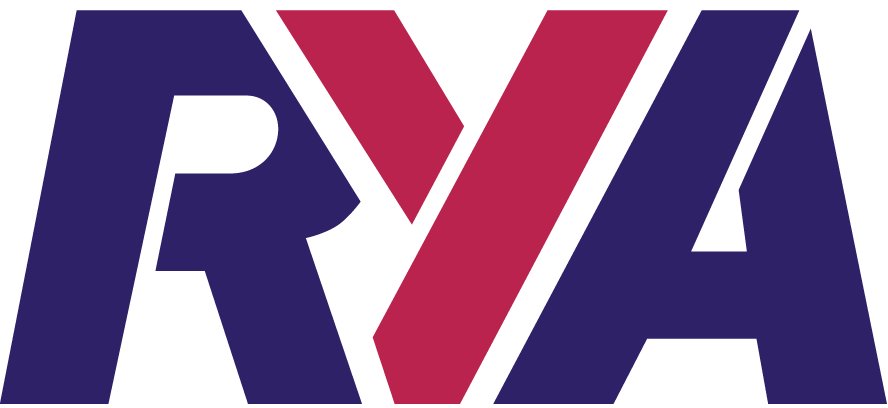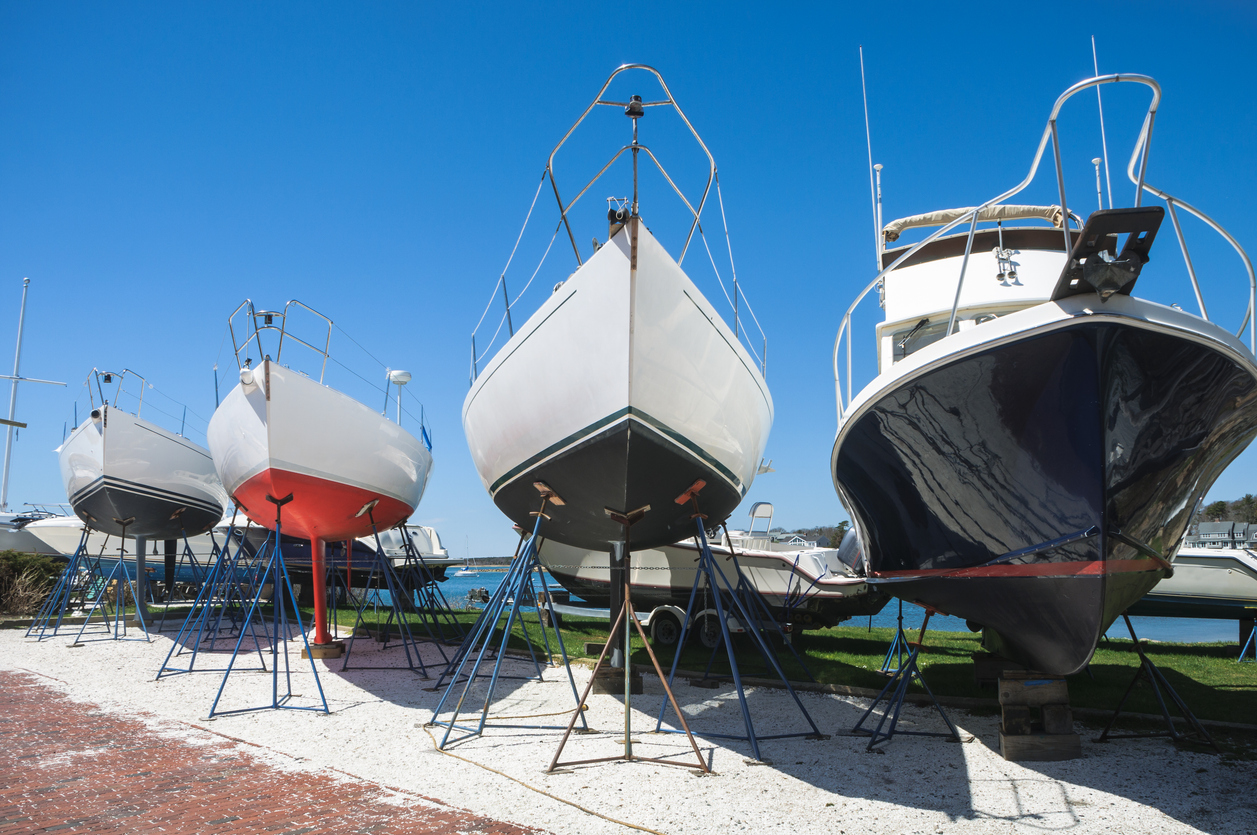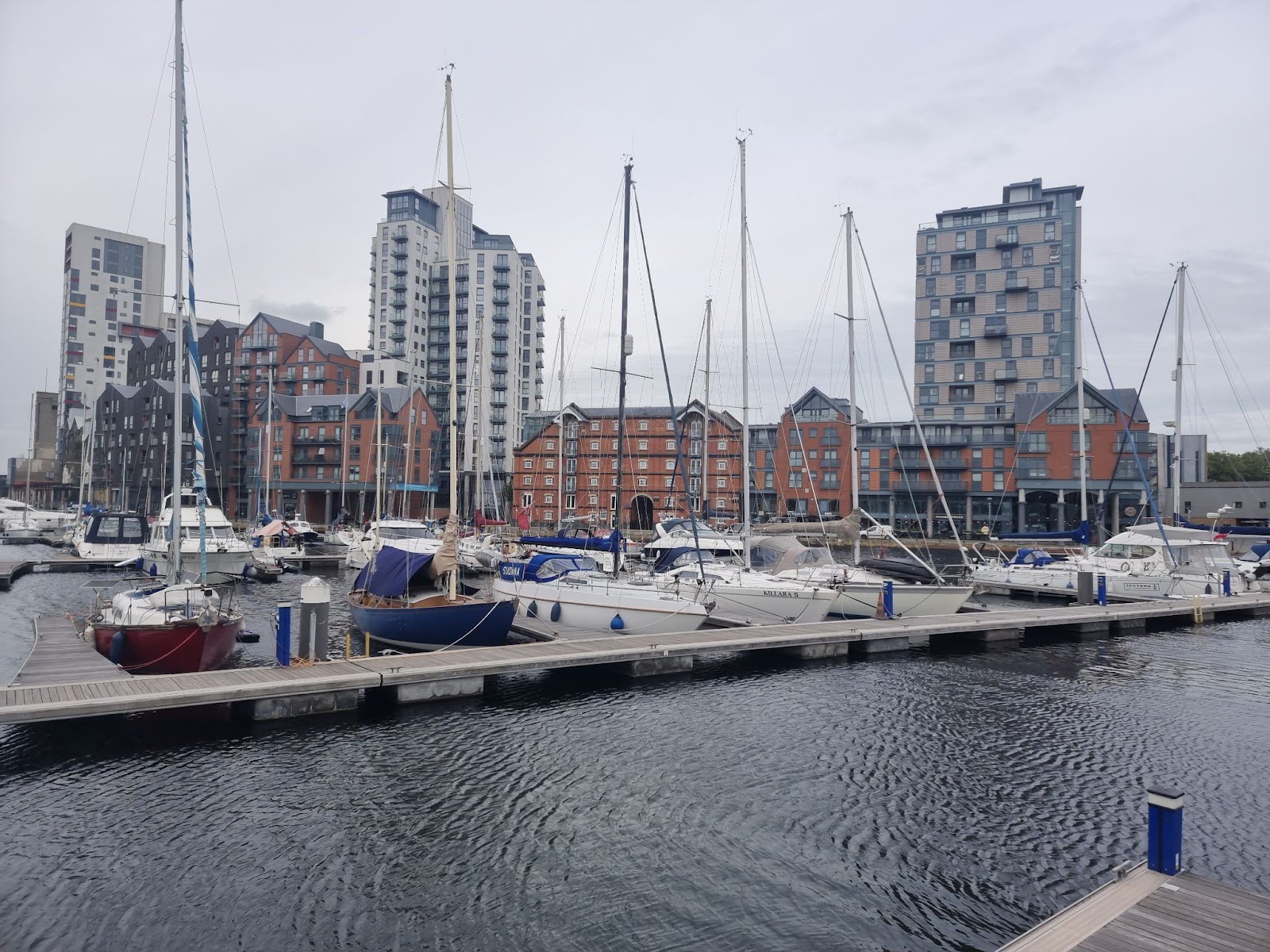This guest article from the RYA provides a wealth of expert advice for boat owners cruising abroad.
As the weather (finally!) looks like it might be perking up, the temptation to jump on your boat and cruise over to Europe for a few days is never far away. But would you know the latest laws, regulations and legislation – local and otherwise – applicable to where you wanted to go?
If you are cruising the waters of another country, although seldom enforced in full, under the United Nations Convention on the Law of the Sea (UNCLOS) - that country is within its rights to ask you to comply with their rules and regulations.
The most common requirement to be enforced is requiring the skipper to provide evidence of their competence. Carriage of local publications or regulations is also often stipulated.
As Carol Paddison, RYA Cruising Advisor, explains: “A basic understanding of the Law of the Sea, which defines the extent of each country’s territory and whether a vessel is under the laws of its country of registration (the Flag State) or additionally those of the country whose waters it is lying in (the Coastal State), helps you establish which other rules you need to follow, as there may also be legislation specific to the Coastal State you must comply with.”
Things to consider:
Law of the Sea and the Coastal State
Under UNCLOS if you undertake a continuous and expeditious passage through the territorial waters of another country and do not engage in any activity which does not have direct bearing on the passage you have a right of passage. You still must abide by international conventions - such as Safety of Life at Sea (SOLAS), the International Regulations for Preventing Collisions at Sea (COLREGS) and the Coastal State has the jurisdiction to ensure you do so.
The majority of recreational craft won’t be regarded as being on a continuous and expeditious passage. You may be cruising along the coast, anchoring for lunch and visiting several ports within the Coastal State. These activities bring you under the jurisdiction of the Coastal State as does launching your boat in another country. You could then be required to adhere to all of that country’s regulations.
 Paperwork
Paperwork
When taking a UK registered boat from the UK to any other country (whether by sea or trailered), you will require papers both for the boat and for the crew on board.
There is a core set of paperwork you should carry on board that should enable you to satisfy a foreign officials if necessary.
Ship’s Papers:
• Registration documentation
• Ship Radio Licence
• Proof of the boat’s VAT status
• Insurance documents
• Evidence that the vessel is RCD compliant (e.g. CE Mark) / exempt
Personal papers:
• Passport
• Proof of authority to operate maritime radio (e.g. SRC)
• Evidence of competence (e.g. ICC)
• European Health Insurance Card (EHIC)
Original documents should be carried, particularly the registration document, as you may find yourself fined (notably in France) for having not registration document or only having a copy.
The ICC and Evidence of Competence Abroad
A certificate of competence – providing your boat used as a “pleasure vessel”, is UK flagged, and is less than either 24m in length or 80GT – is not mandatory in the UK, but when you venture to other countries that can change.
The requirements vary from country to country so you should establish what is required for the countries you are intending to visit. The requirements often change if you move from coastal to inland waters. See www.rya.org.uk/go/icc-accept for details of where you are likely to need evidence of competence.
Carrying any certificates you do hold, even if they are not a formal requirement, is never going to do any harm though. The ICC is increasingly the certificate that will satisfy foreign customs officials if you are asked to show evidence of competence.
Customs and Immigration Formalities
Customs Notice 8 explains the requirements for private individuals sailing their pleasure craft to and from the UK.
On arrival in another country flying the Q flag signals that you require clearance from the authorities. If you remain in the EU and have nothing to declare, both goods and non-EU residents, you do not need to fly the Q Flag. If you leave the UK and your intended destination is outside the EU country (which includes the Channel Islands), you must advise UK Customs of your departure using form C1331. Similarly if you arrive in the UK from a non-EU port, you must report your arrival to UK Customs.
Again every country is different, and be aware of the Schengen Area, which has essentially abolished checks at common borders between many of the EU and EEA countries. The UK is not part of this treaty so you may be required to clear immigration on arrival from the UK in a Schengen area country. The Schengen area comprises the 26 mainland countries of Europe – click here for details.
Courtesy Flag
As well as your vessel wearing her ensign, it is also customary, and often expected, to hoist a courtesy maritime ensign of the country you are visiting.
If you have filled your boat’s tanks with duty paid red diesel in the UK you should be permitted to use it elsewhere in the EU. In Belgium having red diesel in a pleasure craft remains unlawful, and for a while boaters were being fined. However the RYA is are not aware of any UK boaters being fined by the Belgium authorities for the presence of red diesel in their fuel tanks during the last couple of cruising seasons.
To minimise potential issues, keep your receipt to prove where you purchased your fuel and to show that the correct duty was paid in the UK; log the date of refuelling and engine hours and only keep red diesel in the main fuel storage tank as EU law on red diesel does not extend to fuel carried in spare cans.
Holding tanks
Restrictions on the discharge of sewage are slowly increasing so regulations on the discharge of ‘black’ water – toilet waste - and holding tanks should be checked too.
For more information about Boating Abroad visit the RYA website at www.rya.org.uk/infoadvice/boatingabroad with country-specific information also available to RYA members.
/* */
You should always check the latest with the authorities of the country in question too.

Love Boating? Then why not join the association that promotes and protects, safe, successful and rewarding British boating.
Join today and support the RYA in protecting your boating rights and freedoms.
Take advantage of free advice and support on all aspects of your boating, as well as enjoying a range of fantastic personal member offers.
Find out more by calling 0844 556 9556, or visit www.rya.org.uk


